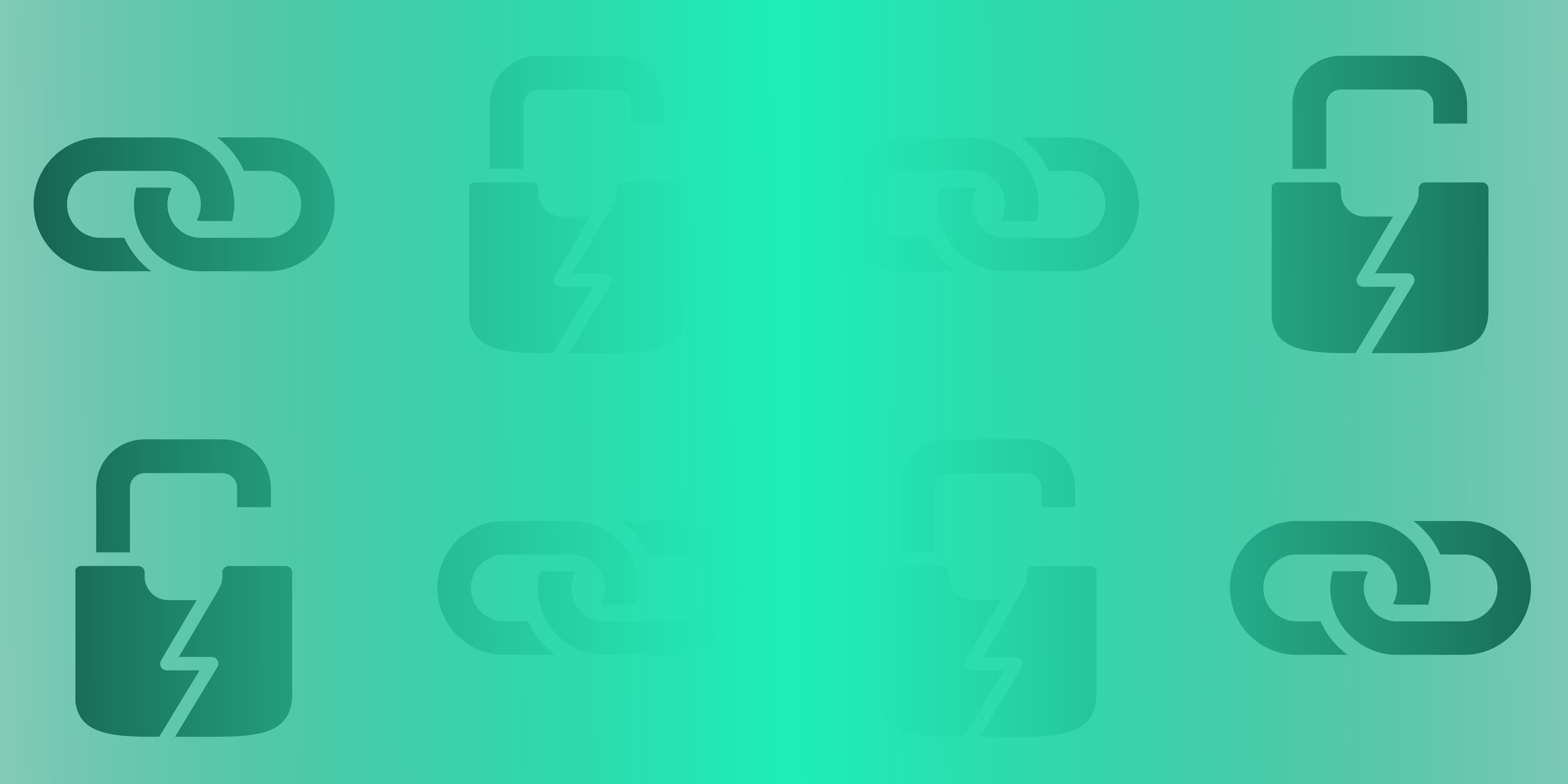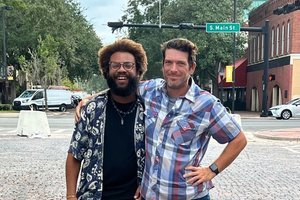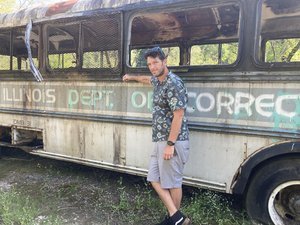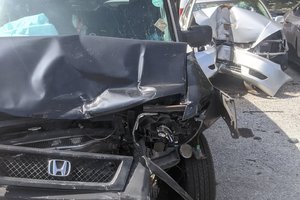
Links Not Locks
2022-2023 Fellowship
Reducing Incarceration Through Mental Health Support
The Links Not Locks campaign envisioned a community that doesn’t use incarceration as the answer to public health issues but instead connects people to mental, behavioral, and cultural resources that are rooted in the community.
They believed the answers lie in providing resources and reducing stigma so that people can advocate for themselves and their neighbors in crisis.
Links Not Locks was started by Community Spring Fellows, Kenjee Roker and Leigh Scott (left to right) who had been directly impacted by mental health and incarceration.
Campaign Goals
Expanding programming for mental health and pre-arrest diversion
They focused on three structural gaps that lead to unnecessary suffering and incarceration. First, they wanted to see expanded peer support networks that can help root mental health support directly in the community.
Second, they supported the development of an alternative first responder model that can meet people in crisis with support instead of punishment.
Finally, they wanted more people who have been impacted by these systems to be part of how these programs are designed and run. Without the insight of folks with direct experience, they felt they wouldn’t be able to find meaningful solutions to these problems.
Reducing stigma about mental health and substance use
The fellows created a series of content across multiple platforms to give space for people to tell their stories and learn about community resources.
Too many of our fellow community members have had their crises met with punitive measures rather than support. As a result, they have become further marginalized and traumatized.
By reframing mental health and substance use challenges in a culturally sensitive, accessible way, people are more likely to advocate for themselves and others. As a community, we can face these problems with grace and compassion.
Alternative First Response
Source: Alachua County, Florida - Sequential Intercept Mapping Report, 2022, page 17.
For instance, a January 2022 report by the University of South Florida found that 295 of the 843 people in the Alachua County Jail, or 35%, were classified as having mental health conditions. And since they had substantially lower rates of pretrial release, those individuals with mental health conditions had been kept in jail even longer than people who had already been sentenced.
The fellows believed that the most important change that our city needed for our community was at a first responder level, which can put someone on a path to either care or a cage. Even with the best intentions and training, when armed police are the primary response to a behavioral health crisis, there is significant risk of trauma, physical harm and arrest. An alternative first responder program would benefit not only people with behavioral health conditions, but also the police and the broader community by:
Connecting people to necessary services
Reducing trauma and the risk of physical harm
Reducing suffering and costs by diverting people from jail
Reducing the burden on the emergency medical system
Increasing public safety by allowing police to focus on police work
There has been broad agreement in Gainesville and Alachua County that incarceration should not be the answer to problems rooted in mental illness or addiction.
Despite this consensus, and a lot of good work by local officials, the fellows noticed the community was failing to provide the right response at the right time for many people experiencing social and medical issues such as a behavioral health crisis.
As a result, many people locked away instead of being connected to the services they need.
Community Resources
Mental Health and Substance use Zine
There are alternatives to calling 911 that don’t involve the law enforcement when someone is experiencing a mental health or substance use crisis. Click below to download the digital zine










